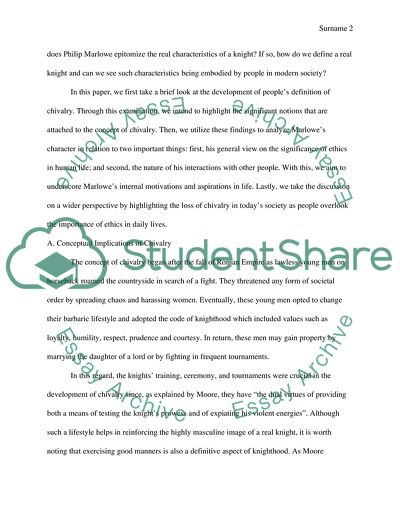Cite this document
(Philip Marlowe: Last Knight in The City, Chivalry dies with Philip Movie Review, n.d.)
Philip Marlowe: Last Knight in The City, Chivalry dies with Philip Movie Review. https://studentshare.org/sociology/1778978-philip-marlowelast-knight-in-the-city-chivalry-dies-with-philip
Philip Marlowe: Last Knight in The City, Chivalry dies with Philip Movie Review. https://studentshare.org/sociology/1778978-philip-marlowelast-knight-in-the-city-chivalry-dies-with-philip
(Philip Marlowe: Last Knight in The City, Chivalry Dies With Philip Movie Review)
Philip Marlowe: Last Knight in The City, Chivalry Dies With Philip Movie Review. https://studentshare.org/sociology/1778978-philip-marlowelast-knight-in-the-city-chivalry-dies-with-philip.
Philip Marlowe: Last Knight in The City, Chivalry Dies With Philip Movie Review. https://studentshare.org/sociology/1778978-philip-marlowelast-knight-in-the-city-chivalry-dies-with-philip.
“Philip Marlowe: Last Knight in The City, Chivalry Dies With Philip Movie Review”. https://studentshare.org/sociology/1778978-philip-marlowelast-knight-in-the-city-chivalry-dies-with-philip.


